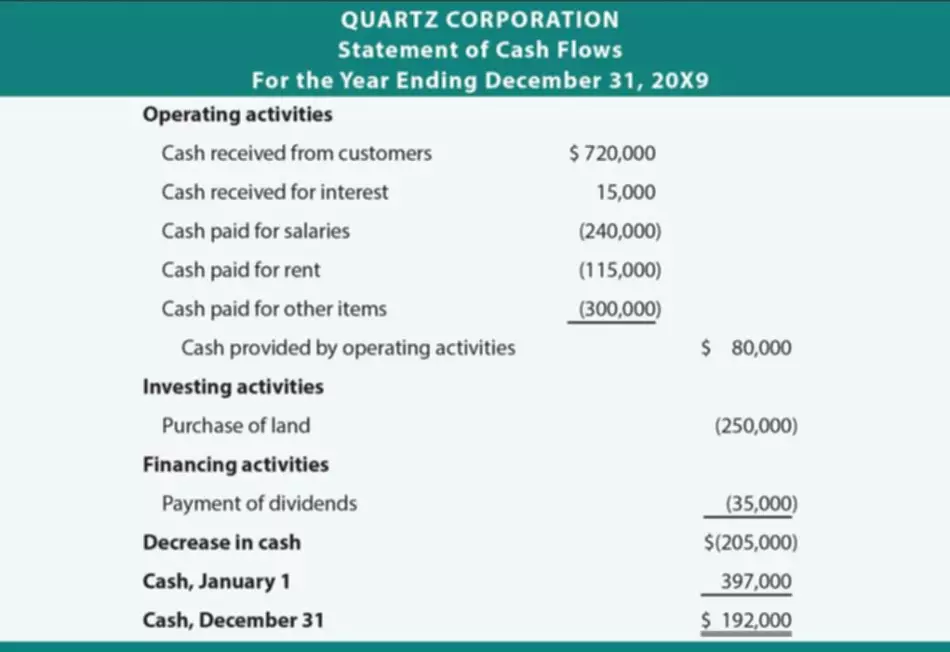Content

Small businesses conduct countless accounting procedures each month. In addition to managing monthly bookkeeping checklist expenses, business owners must also maintain payroll and oversee employees.
- They will enter all of your information into their bookkeeping system and return any original documents you gave them.
- Whenever we take on the bookkeeping function for a new company by way of our Core Finance offering, we dig into current practices to determine what needs fixing vs. maintenance.
- This will give you peace of mind that you won’t lose your data if you have a hardware failure or file corruption.
- Standardizing your processes means they’re being done the same way every time.
- Invest in a good bookkeeping or accounting software program.
You may also be subject to late fees if you fail to submit financial data on time. By the end of it, many small businesses average between $500 and $2500 a month for professional bookkeeping services. Be sure to make any required payroll, federal, or state tax payments or filings to the appropriate agencies. Also, annual, quarterly, and monthly sales tax returns must be filed with the state where your business is conducted. Calculating and filing sales tax in a timely manner is of utmost importance.
#5 Collections as part of Your Monthly Bookkeeping Checklist
The end of the financial quarter is always a hectic time for any small business. Following a clear https://www.bookstime.com/ bookkeeping checklist for end-of-quarter is extremely helpful for keeping on top of these tasks.

For instance, recording receipt and sale of inventory should be daily bookkeeping tasks for businesses working with higher sales volume or perishable goods. It can all get complicated quickly, so inventory management software that integrates with your bookkeeping software can be a lifesaver. It may seem daunting to keep up with so many of your business’s financial activities throughout the year. It can be a lot to handle, but you can make it easier on yourself. Join forces with a professional outsourced accounting team to manage your bookkeeping services and keep your day-to-day accounting tasks on track. Download our e-book to learn if outsourced accounting is the right fit, and get in touch to discuss your needs.
#9: Review Your Inventory
Learn the eight steps in the accounting cycle process to complete… These annual checks mainly cater toward regulatory and compliance requirements, along with reporting of performance to shareholders. It will also help keep track of payroll expenses so you can make changes to your labor mix and stay within your own budgets. Get it out of the way early and return to your regularly scheduled programming. Think of it like putting off the laundry until you have nothing to wear. Stay on top of your tax filings, so they don’t pile up and overwhelm you when deadlines approach. Take a look at your revenue, cost of sales, gross profit, and expenses.
What does bookkeeper do every month?
Every month, your bookkeeper should be recording the company's revenue, expenses, profit, and loss. Other important factors include handling cash, bank, and credit card statements. In addition, there are collections and accounts receivable and payable. Reconcile all vendor reports on a monthly basis.
That contains the right details such as payment terms, itemised charges, and your payment address. When looking for a bookkeeper, you may find yourself choosing between a bookkeeper, an accountant, and a CPA. In some ways, each of these professions is similar, but there are also some key differences to consider before you hire any of the three. Reviewing timesheets proactively – at least once each week – can help you spot any discrepancies and activities that may be counterproductive to your organization. Keeping track of inventory systematically reduces theft and loss of your merchandise.

